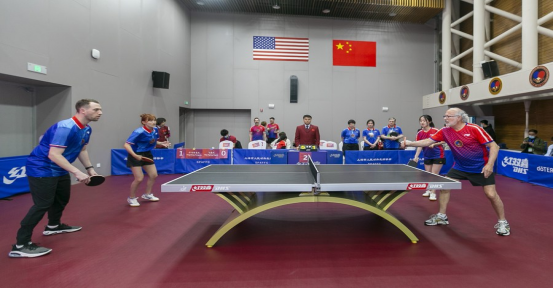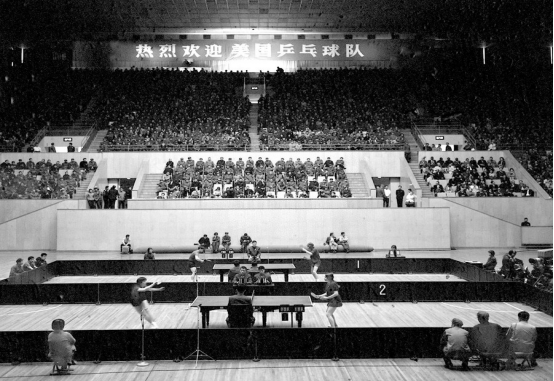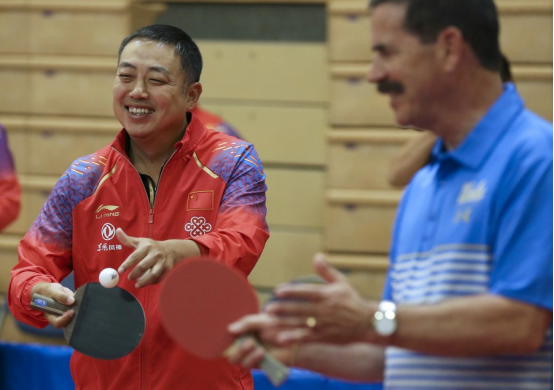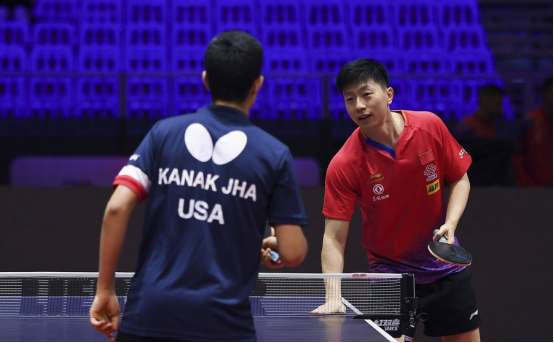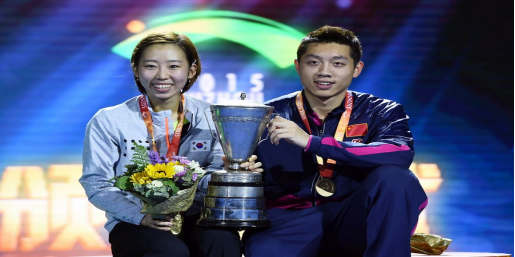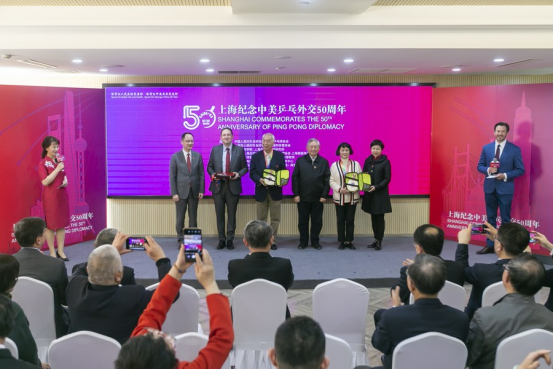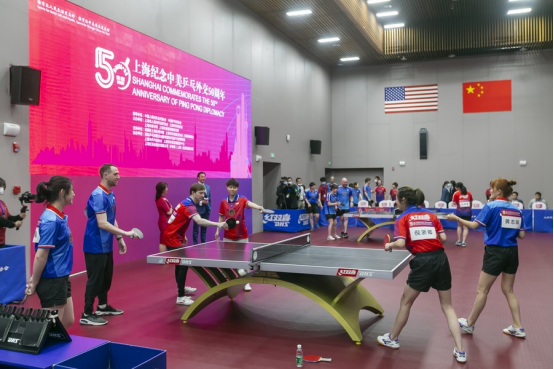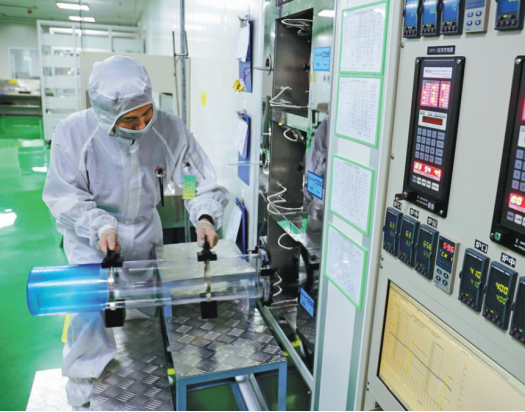Better China-US Relations Urged to Tackle Challenges
Greater globalization makes two top economies’ cooperation essential
The China-United States relationship is increasingly important, with challenges to growing globalization calling for greater cooperation between the two nations, according to the latest major analyses.
”So the world today, actually, is flatter than ever. We have never connected more different nodes than we have today,” said US journalist and author Thomas L. Friedman, whose best-selling books on globalization include The World Is Flat: A Brief History of the Twenty-first Century. He spoke in an online discussion organized by the Center for China and Globalization in late March.
Friedman highlighted major challenges, amid the growing interdependence, depth and complexity of global connections, such as public health threats posed by the COVID-19 pandemic.
”The world isn’t just flat now. It’s fragile. It’s fragile because when you connect so many nodes, and then you speed up the connection between those nodes and you take the buffers out, you get fragility,” he said.
”When the world gets this fast, fused, deep and open, the only way we can govern it effectively is with global, complex, adaptive coalitions,” Friedman said.
As a result, the China-US relationship, involving the world’s two largest economies, is more important than ever, he said, with crucial global issues such as trade and climate change tackled together through dialogue and collaboration in the context of multilateralism.
”I think the world will be better if China succeeds and we succeed at the same time,” he said.
Harvard University political scientist Graham Allison has used the term “Thucydides’ Trap”-a dangerous pattern of structural stress that results when a rising power challenges a ruling one-to describe the risks of a China-US confrontation. He said in another online dialogue, organized by the Center for China and Globalization on April 6, that the two nations are “inseparable conjoined twins in which if one gives way to its impulses in dealing with the other and strangles it, it will succeed in killing its twin but it will commit suicide”.
”By 2021, China is the major trading partner of almost everybody. A generation ago, America was the manufacturing workshop of the world. Today, China is the manufacturing center for the world,” Allison said.
”So, in the structural realities, it’s a rising China that’s impacting a ruling US. And I compare this in my book to like a seesaw of power in which China gets stronger and wealthier and more powerful inevitably. That’s the nature of the Thucydides’ rivalry.”
The two countries are “so entangled in a global process of globalization and the global economy that no one can decouple himself from this without impoverishing himself”, he said.
”So on the one hand, we’re going to be fierce rivals. On the other hand, we’re condemned by nature and by technology to cooperate in order to survive. So, how about these two contradictory ideas at the same time?” That’s why searching for ways to escape Thucydides’ Trap is so important, Allison said.
Li Chen, director of the Center for International Security and Strategy at Renmin University of China, said in the dialogue, “From the experience of the ancient China, the major dynasties, not only Song, but also Han Dynasty and other dynasties – as they tried to improve their policies to maintain peace with all the all the entities, we can probably find other periods of peace.
”So I think that this is a very interesting area for our research. And that’s something probably we can learn more from you because you pay more attention to the lessons from ancient history on contemporary history or current affairs. We need more cooperation between the historians who work on ancient Chinese history and experts who work on current affairs.”
Wang Huiyao, the think tank’s president, said, “Actually in the history of China, there are probably many examples that fights were avoided and peace was secured. Even not too long ago, Zheng He, an envoy, took 7 expeditions to go as far as to Africa and Southeast Asia, which was 100 years before Columbus discovered America and during these trips, they gave a lot of gifts to other countries and the locals, and never colonized any nations. So you can see that historically, China is peace-loving, now, it still hasn’t sent a soldier to occupy any territory.”
”Now we are actually in a much more intertwined world where we are actually inseparable, it’s a twin relationship. We have to work together in fighting climate change, the pandemic and all the other challenges,” he said.
”I’m glad to see we had this really productive discussion today trying to find a way to escape the Thucydides’ Trap,” Wang said.
Li said “the key point here is that if we can manage crises very, very carefully and we review the lessons of the competition-not only the leaders, but also the ordinary citizens — then public opinion will realize that in long-term competition, we need to talk with each other and also cooperate with each other, not only to maintain peace, but also to solve problems”.
Both China and the US also continue to have much to learn from each other, Li said.
”In particular, for example, in the early 20th century, and even during the World War II, US production was very impressive. So I think there are a few lessons here. One is business, which is concentrated on professionalism. The second is better working relations among society, government and business communities,” he said.
”China learned a lot from US business communities and the efficiency of the US government in the latter part of the 20th century. We should become more open-minded about learning lessons from others, which is very important.”
http://www.wuhu.gov.cn/English/News/30287271.html

